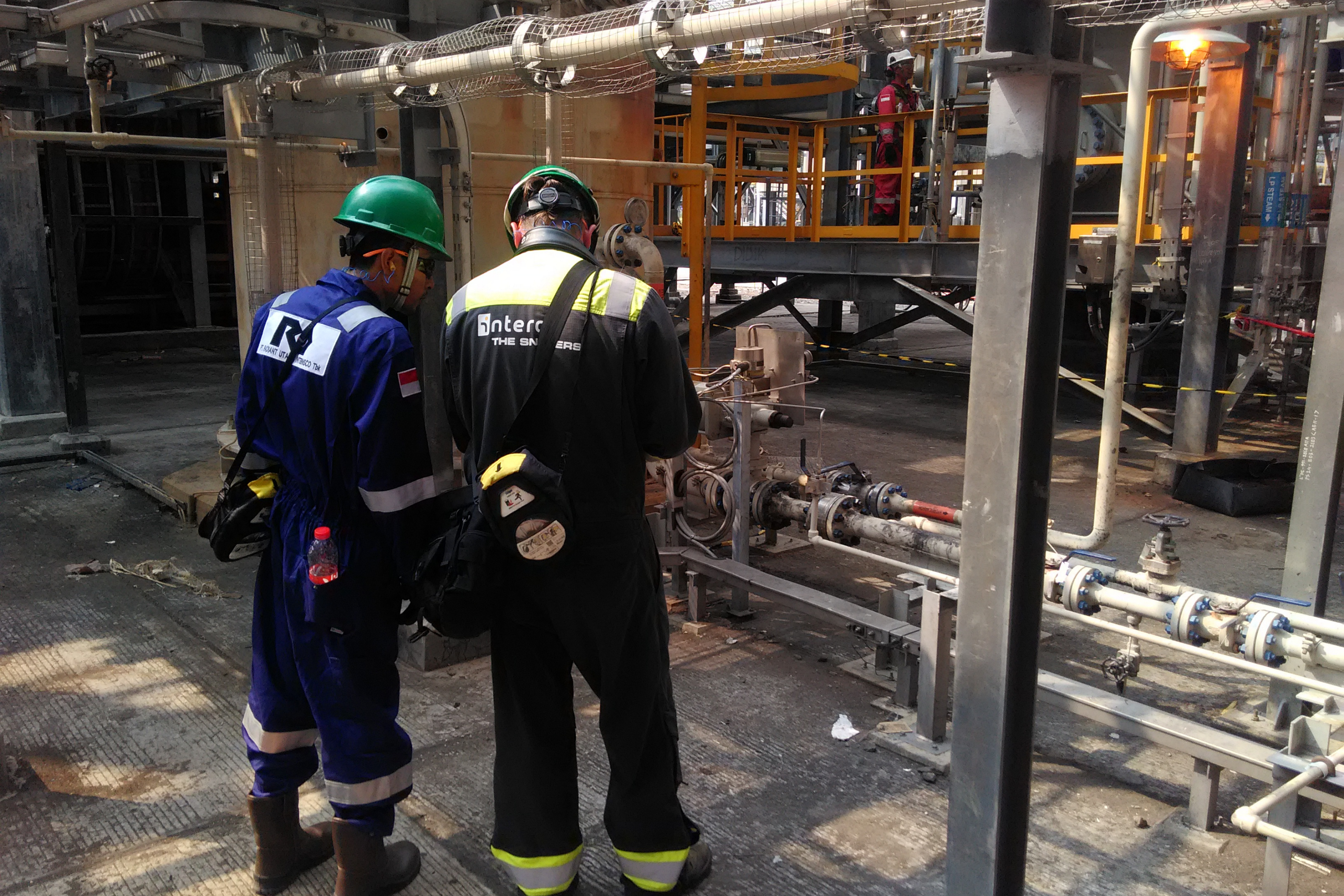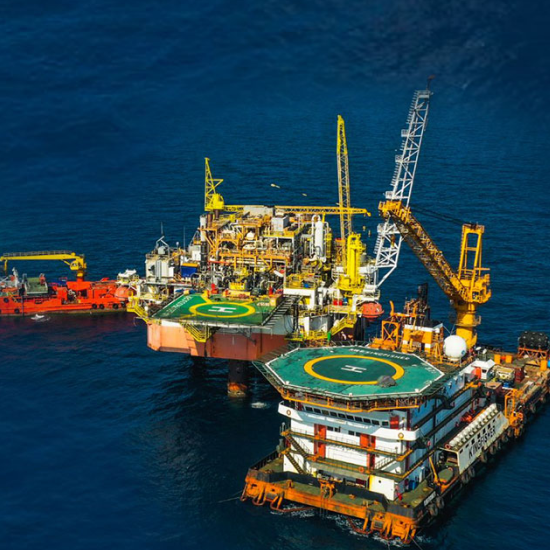MRV stand for Measurement, Reporting, and Verification is a framework designed to ensure transparency, accuracy, and reliability of data related to activities that impact the environment, especially greenhouse gas (GHG) emissions and climate change mitigation. MRV is commonly used in sustainability initiatives, energy management, and carbon emission reduction efforts, both at the national and corporate levels.
The Main Scope of MRV:
Measurement:
This involves the process of gathering precise and reliable data on greenhouse gas (GHG) emissions, including key gases like CO₂, methane, and N₂O, produced by industrial activities and other sectors. Measurement is conducted using advanced monitoring technologies such as sensors and specialized instruments designed to track specific GHGs. Additionally, standardized calculation methodologies are employed to ensure consistency and accuracy in estimating emissions across various sources.
Reporting:
To ensure that organizations are meeting their legal obligations to reduce emissions and highlight progress toward goals such as achieving Net Zero Emission or meeting Environmental, Social, and Governance (ESG) criteria. These reports help communicate the organization’s long-term commitment to sustainable practices.
Verification:
Verification ensures that the data meets established standards or protocols and that there has been no manipulation or error in the measurement and reporting processes. This process is conducted by independent third parties to ensure the accuracy and credibility of the reported data.
Standards and Protocols
Paris Agreement: A global commitment to reduce GHG emissions in which countries participate with Nationally Determined Contributions (NDC) targets.
EPA Method 21 is a widely used protocol established by the U.S. Environmental Protection Agency (EPA) for detecting volatile organic compound (VOC) leaks in industrial facilities
ISO/IEC 17025 is an international standard that specifies the general requirements for the competence of testing and calibration laboratories. Laboratories that comply with this standard demonstrate they have the necessary technical competence and the ability to produce accurate and reliable test and calibration data.
Application of MRV in Business
MRV is especially relevant for industries involved in carbon emission reduction or those required to comply with emission regulations, such as oil and gas industry to monitor methane or CO₂ emissions generated during production.
MRV objectives:
Transparency: Providing data that is open and verifiable by all relevant parties.
Accountability: Ensure that parties responsible for managing emissions can be audited and held accountable for their performance.
Compliance: Helps organizations or countries comply with emissions regulations and achieve environmental targets.
MRV can be used for various programs such as carbon offsets, emission trading systems (ETS), as well as carbon reduction projects in critical sectors
By partnering with Intero The Sniffers, Our solution will benefit from their expertise in emission detection, monitoring, and reduction, ensuring a high level of accuracy in emissions measurement and reporting. The advanced technologies and methodologies in leak detection and emissions management will strengthen the verification process, helping to meet international standards while optimizing environmental performance.
Our Partner:





